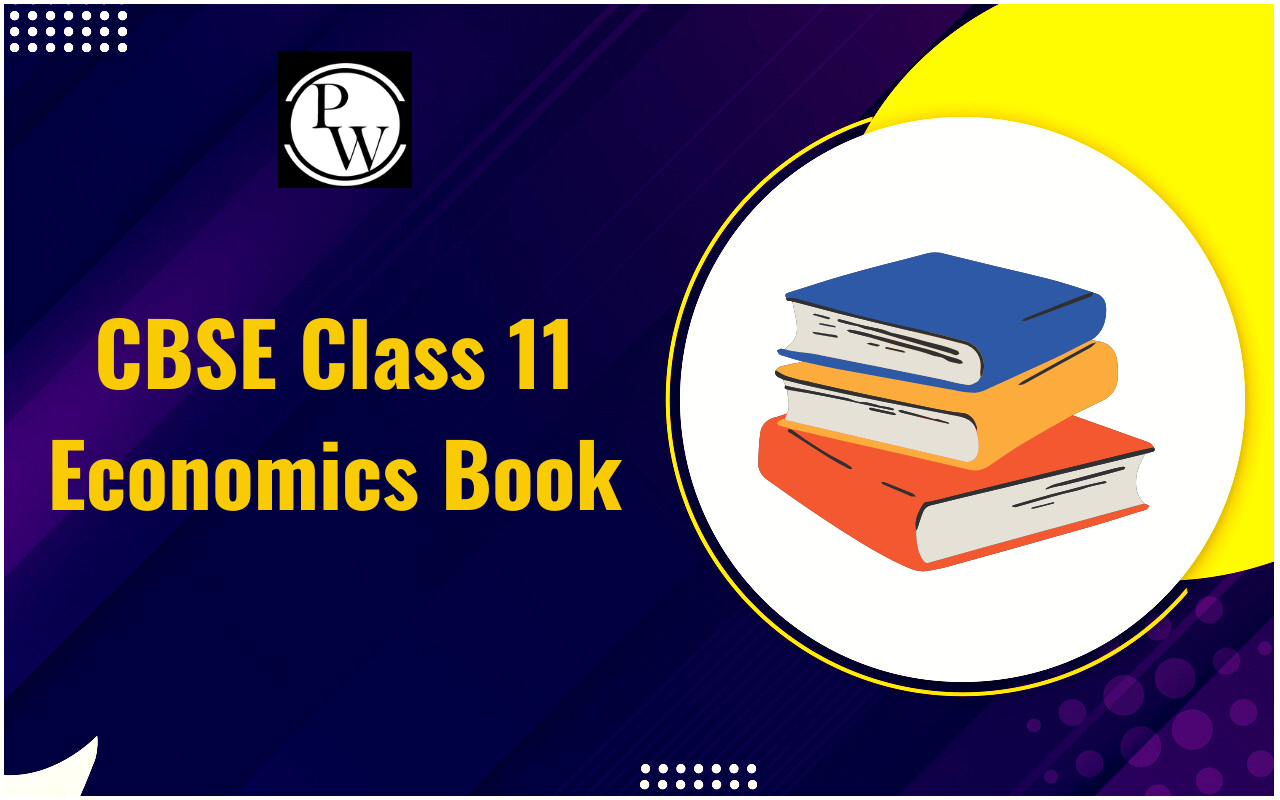
Mainstream economics, also known as orthodox economics, represents the conventional schools of economic thought widely accepted and taught in academic institutions. It provides a structured framework to analyze how individuals, firms, and governments allocate scarce resources and make decisions under constraints. While deeply rooted in neoclassical theories, mainstream economics has evolved by integrating various elements of Keynesian economics to address both microeconomic and macroeconomic issues.
This article explores the core concepts, key assumptions, examples, criticisms, and evolving perspectives of mainstream economics.What is Mainstream Economics?
Mainstream economics encompasses theories, models, and approaches commonly associated with the neoclassical tradition but is not confined to a single school of thought. It revolves around understanding economic behavior through key concepts such as scarcity, utility, and rationality. While mainstream economics often relies on quantitative techniques and mathematical modeling, it is fundamentally rooted in rational choice theory, which posits that individuals and firms act to maximize their utility or profit based on available information. This approach emphasizes market equilibrium, where supply and demand interact to allocate resources efficiently.Key Features of Mainstream Economics
Below we've mentioned some key features of Mainstream:Rational Decision-Making
Mainstream economics assumes that individuals and firms make decisions rationally, aiming to maximize their satisfaction or profit based on information and preferences.Scarcity and Resource Allocation
The theory is built around the idea of scarcity—limited resources must be allocated efficiently to satisfy competing needs.Mathematical Modeling
It employs statistical and mathematical tools to analyze economic trends and validate theoretical predictions.Market Mechanism and Equilibrium
Mainstream economics emphasizes the role of markets in achieving equilibrium, where supply equals demand, ensuring optimal allocation of resources.Marginal Analysis
Economic decisions are analyzed at the margin, focusing on the additional benefits or costs of incremental changes.Do you know what are: Basic Problems of an Economy
Examples of Mainstream Economics
Invisible Hand Theory : The concept of the "invisible hand," introduced by Adam Smith, is a cornerstone of mainstream economics. It suggests that individuals acting in their self-interest inadvertently promote societal welfare through market mechanisms. Environmental Regulation: Conventional economics views environmental degradation as a negative externality, imposing societal costs. To address this, governments implement regulatory measures, such as taxes on polluters, to internalize these costs and encourage sustainable practices.Orthodox Economics: A Synonym for Mainstream Thinking
Orthodox economics, synonymous with mainstream economics, focuses on decision-making under scarcity. It examines how individuals, businesses, and societies allocate limited resources, considering trade-offs and opportunity costs. For instance, the regulation of pollution through government interventions highlights orthodox economic principles. Marginal analysis is often applied to determine the balance between economic benefits and environmental costs.Criticisms of Mainstream Economics
Despite its widespread acceptance, mainstream has faced criticism for its oversimplified assumptions and limitations:Unrealistic Assumptions
Critics argue that assumptions of perfect rationality and self-interest fail to capture the complexities of human behavior, which is often influenced by emotions, biases, and imperfect information.Neglect of External Factors
Mainstream economics has been criticized for ignoring externalities such as environmental degradation and social inequalities. It often prioritizes growth over sustainability and equity.Inefficiency in Real Markets
Real-world markets are not always efficient. The Great Recession demonstrated that self-interested behavior does not always lead to optimal outcomes for society.Limited Interdisciplinary Integration
Traditional approaches focus primarily on economic variables, often excluding insights from sociology, psychology, and environmental sciences.Overreliance on Quantitative Models
While mathematical models provide precision, they can oversimplify complex economic interactions and fail to account for qualitative factors.Have you checked: Evolution in the Definition of Economics
Evolving Perspectives in Mainstream Economics
The limitations of traditional theories have led to the emergence of new perspectives within mainstream economics:Behavioral Economics
This field challenges the assumption of perfect rationality, emphasizing psychological factors and biases that influence decision-making.Environmental Economics
Environmental economics addresses sustainability by incorporating ecological concerns into economic analysis, focusing on policies that promote green practices.Post-Recession Reforms
Events like the Great Recession have spurred economists to reconsider market efficiency and the role of government interventions in stabilizing economies. Mainstream economics, while dominant and influential, is not without its challenges. Its reliance on rational behavior and market efficiency has been questioned, especially in light of real-world complexities like environmental degradation and financial crises. The evolution of behavioral and environmental economics reflects the discipline's efforts to address these criticisms. However, integrating diverse perspectives, including insights from heterodox schools, is essential for a more comprehensive understanding of modern economic challenges. It will continue to play a pivotal role in shaping policies and academic discourse, but a broader, more inclusive approach is necessary to address the multifaceted realities of today’s world Join PW Commerce Online Course now and excel in your academic and professional pursuits!What is Mainstream Economics or Orthodox Economics FAQs
What is mainstream or orthodox economics?
Mainstream or orthodox economics refers to the traditional schools of thought that dominate economic theory, such as neoclassical and Keynesian economics. It focuses on concepts like rational decision-making, market equilibrium, scarcity, and the efficient allocation of resources using mathematical models and quantitative analysis.
What are the key assumptions of mainstream economics?
Mainstream economics is based on several key assumptions:
Rational behavior: Individuals and firms make decisions to maximize their utility or profit.
Scarcity: Resources are limited, and choices must be made on how to allocate them efficiently.
Market equilibrium: Supply and demand naturally reach an equilibrium that optimizes resource allocation.
Marginal analysis: Decisions are made based on incremental changes in costs and benefits.
How does mainstream economics address market failures?
Mainstream economics typically addresses market failures through government intervention in cases like pollution or monopoly power. Policies such as taxes on negative externalities or regulations are used to correct inefficiencies and ensure a more socially optimal outcome, though the role of government is often minimized.
What is the criticism of mainstream economics?
Critics argue that mainstream economics overlooks real-world complexities such as imperfect information, emotional decision-making, and externalities like environmental degradation. It also assumes individuals are fully rational, which has been challenged by behavioral economics. Moreover, mainstream economics tends to focus on efficiency and growth at the expense of social equity and sustainability.
What is the difference between mainstream and heterodox economics?
Mainstream economics is focused on market efficiency, equilibrium, and rational decision-making, while heterodox economics explores alternative viewpoints, such as the role of power, inequality, and environmental concerns. Heterodox schools challenge the assumptions of mainstream economics and propose policies that might prioritize social equity, sustainability, and government intervention more extensively.
Talk to a counsellorHave doubts? Our support team will be happy to assist you!

Check out these Related Articles
Free Learning Resources
PW Books
Notes (Class 10-12)
PW Study Materials
Notes (Class 6-9)
Ncert Solutions
Govt Exams
Class 6th to 12th Online Courses
Govt Job Exams Courses
UPSC Coaching
Defence Exam Coaching
Gate Exam Coaching
Other Exams
Know about Physics Wallah
Physics Wallah is an Indian edtech platform that provides accessible & comprehensive learning experiences to students from Class 6th to postgraduate level. We also provide extensive NCERT solutions, sample paper, NEET, JEE Mains, BITSAT previous year papers & more such resources to students. Physics Wallah also caters to over 3.5 million registered students and over 78 lakh+ Youtube subscribers with 4.8 rating on its app.
We Stand Out because
We provide students with intensive courses with India’s qualified & experienced faculties & mentors. PW strives to make the learning experience comprehensive and accessible for students of all sections of society. We believe in empowering every single student who couldn't dream of a good career in engineering and medical field earlier.
Our Key Focus Areas
Physics Wallah's main focus is to make the learning experience as economical as possible for all students. With our affordable courses like Lakshya, Udaan and Arjuna and many others, we have been able to provide a platform for lakhs of aspirants. From providing Chemistry, Maths, Physics formula to giving e-books of eminent authors like RD Sharma, RS Aggarwal and Lakhmir Singh, PW focuses on every single student's need for preparation.
What Makes Us Different
Physics Wallah strives to develop a comprehensive pedagogical structure for students, where they get a state-of-the-art learning experience with study material and resources. Apart from catering students preparing for JEE Mains and NEET, PW also provides study material for each state board like Uttar Pradesh, Bihar, and others
Copyright © 2025 Physicswallah Limited All rights reserved.
Get App









